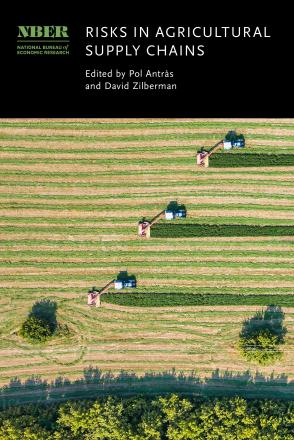Exploring Spatial Price Relationships: The Case of African Swine Fever in China

We use a temporary ban on inter-province shipping of live hogs induced by the 2018 outbreak of African Swine Fever (ASF) in China as a natural experiment to study spatial mechanisms behind the dynamics of market integration. With a unique dataset of weekly provincial hog prices, we employ a novel spatial network model to estimate the strength of price co-movement across provinces pre and post the ban. Results indicate that, in the highly integrated national market prior to the ban, longer geographical distances between two provinces did not weaken the strength of their price linkage. The ban broke down spatial integration. Longer distances became a significant obstacle to spatial price linkage in the post-ban periods, implying faster re-integration of hog prices between proximate provinces than remote ones. The negative effect of distance can be rationalized by the interplay between arbitrage opportunities and imperfect information. Our findings highlight information transparency as a key to market integration post shipping bans used to curb animal pandemics like ASF.
-
Copy CitationMichael Delgado, Meilin Ma, and H. Holly Wang, Risks in Agricultural Supply Chains (University of Chicago Press, 2021), chap. 7, https://www.nber.org/books-and-chapters/risks-agricultural-supply-chains/exploring-spatial-price-relationships-case-african-swine-fever-china.Download Citation


